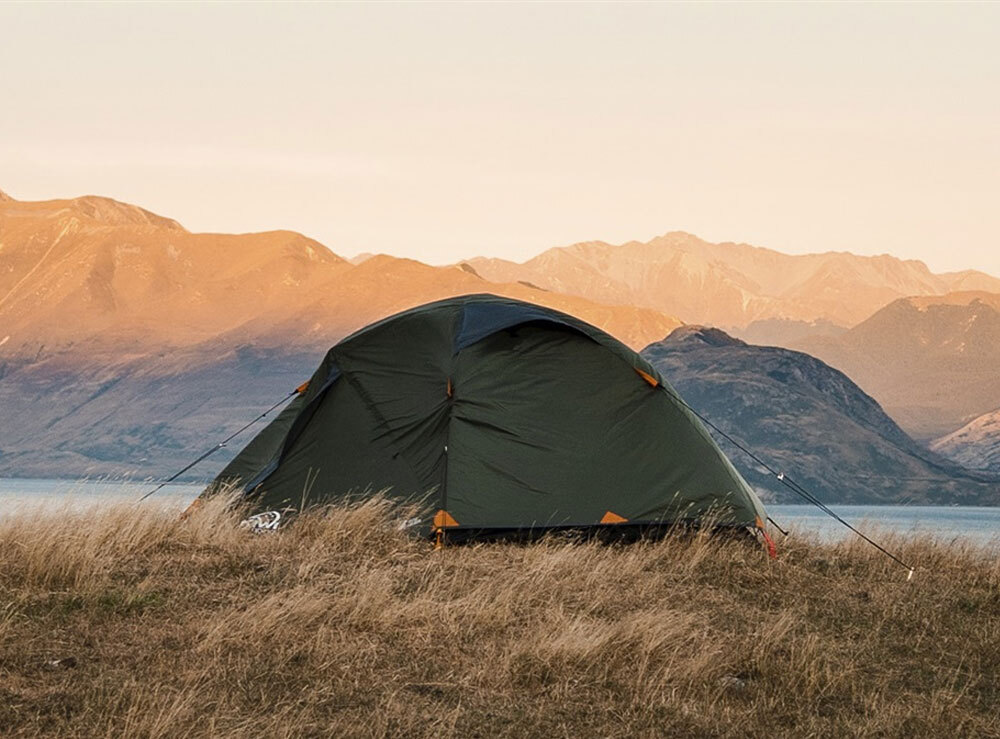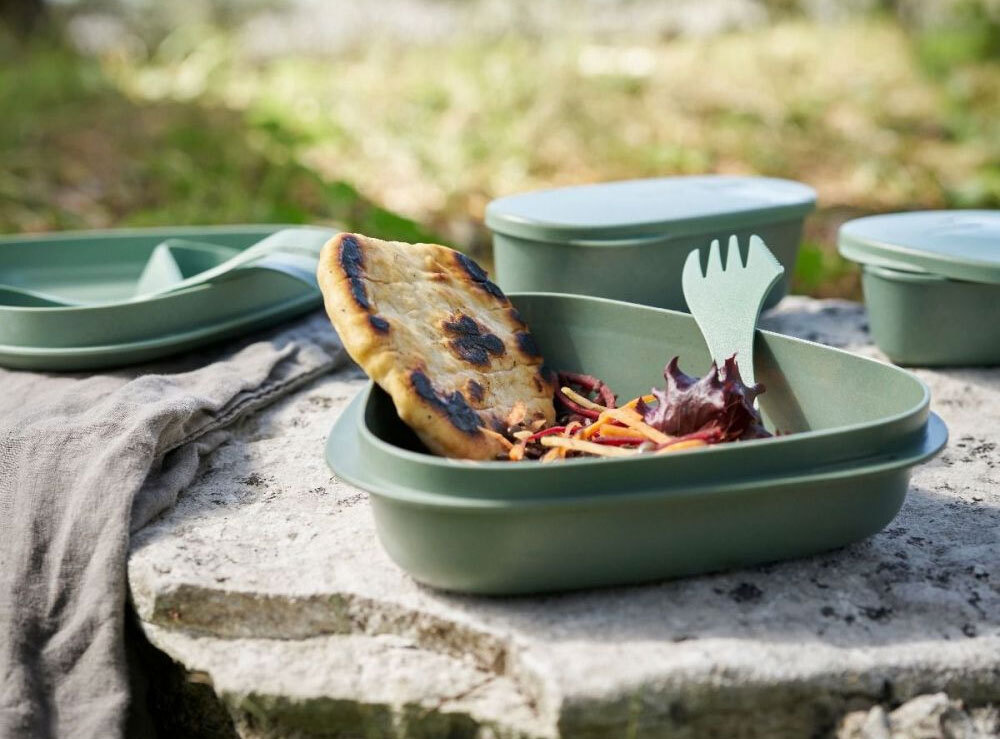
Camping Buying Guide
Embarking on your first camping adventure? Our beginner’s camping checklist ensures you’re fully equipped with all the essentials, making it easy to navigate your shopping and enjoy a seamless outdoor experience.

- Tent: A good-quality tent that is easy to set up and provides adequate protection from the elements is essential.
- Sleeping Bag: Choose a sleeping bag appropriate for the weather conditions you'll encounter. Look for one that is lightweight, compact, and offers enough insulation for comfort.
- Sleeping Pad or Air Mattress: This provides insulation from the ground and adds comfort while sleeping. For beginners, a self-inflating sleeping pad is a convenient option.
- Camp Stove or Portable BBQ: For cooking meals, a camp stove or portable BBQ is essential. Make sure to bring fuel or charcoal if needed.
- Cooking Utensils and Cookware: Basic utensils like a spatula, cooking pot, pan, and utensils for eating are necessary for meal preparation and consumption.

- Food and Water: Pack non-perishable food items and plenty of water for your trip. Consider options like freeze-dried meals or easy-to-cook items.
- First Aid Kit: A basic first aid kit containing bandages, antiseptic wipes, pain relievers, and other essentials can be a lifesaver in emergencies.
- Torch or Headlamp: Essential for navigating in the dark, especially when nature calls at night. Don't forget extra batteries!
- Clothing: Pack appropriate clothing for the weather conditions, including layers, rain gear, and sturdy footwear.
- Navigation Tools: A map and compass or a GPS device can help you navigate trails and unfamiliar terrain.
.jpg)
- Multi-tool or Knife: Useful for various tasks like cutting rope, preparing food, or making minor repairs.
- Fire Starters: Bring matches, a lighter, or fire starter sticks to make starting a campfire easier.
- Personal Hygiene Items: Don't forget items like toilet paper, hand sanitizer, and biodegradable soap for washing dishes and yourself.
- Trash Bags: Leave no trace by packing out all your trash. Bring extra bags for separating recyclables and keeping your campsite clean.
- Emergency Shelter or Tarp: In case of unexpected rain or for an additional shelter, a lightweight tarp or emergency shelter can come in handy.
Remember to check the regulations and guidelines for the specific camping area you plan to visit, as some may have additional requirements or restrictions. And always practise Leave No Trace principles to minimise your impact on the environment. Happy camping!









